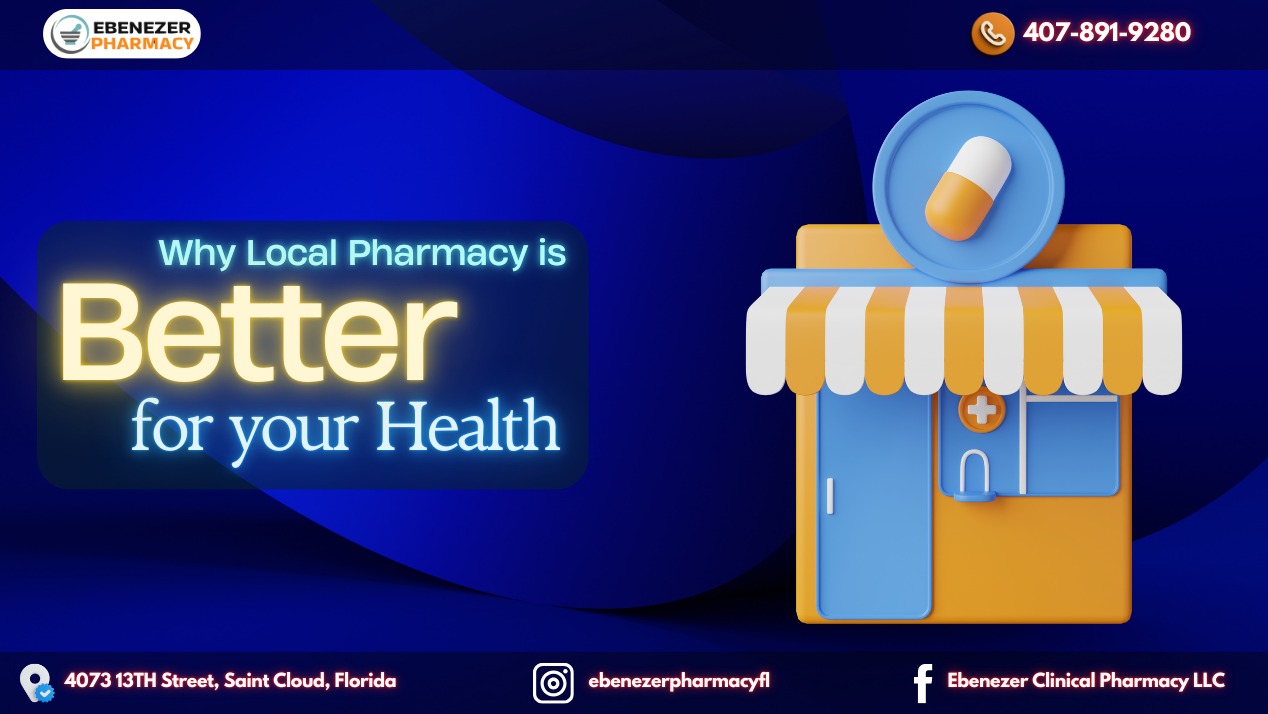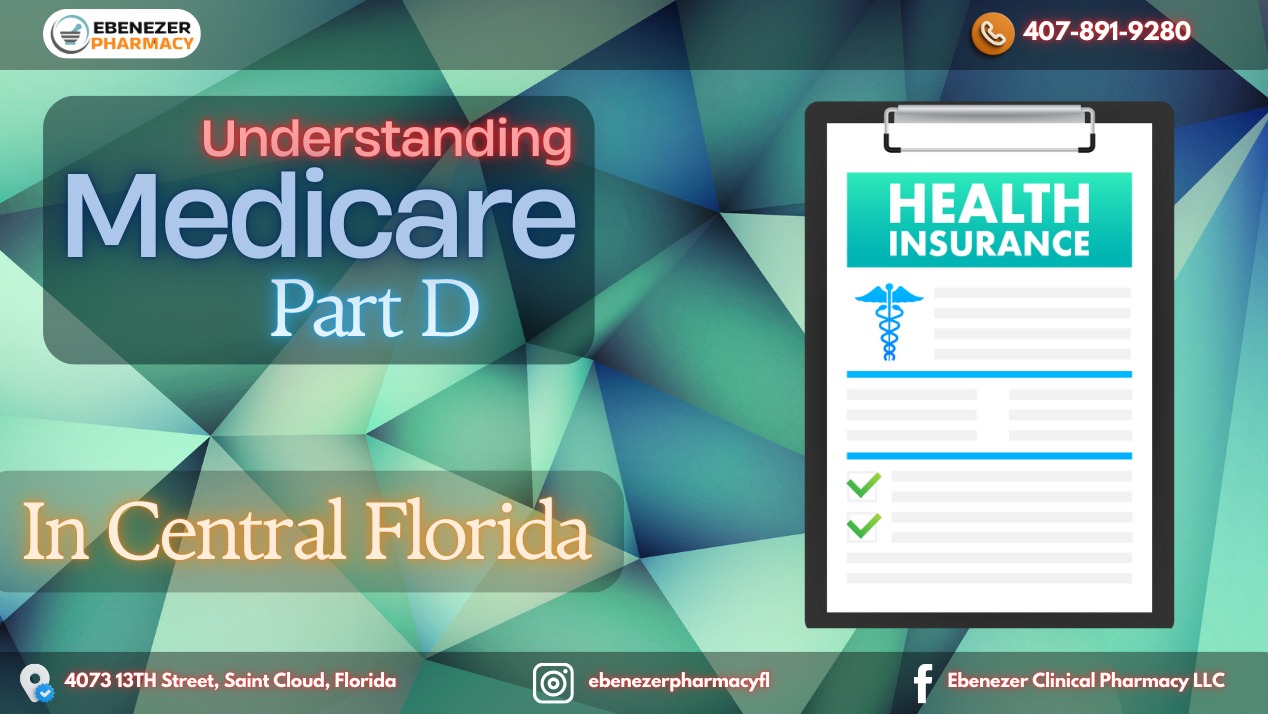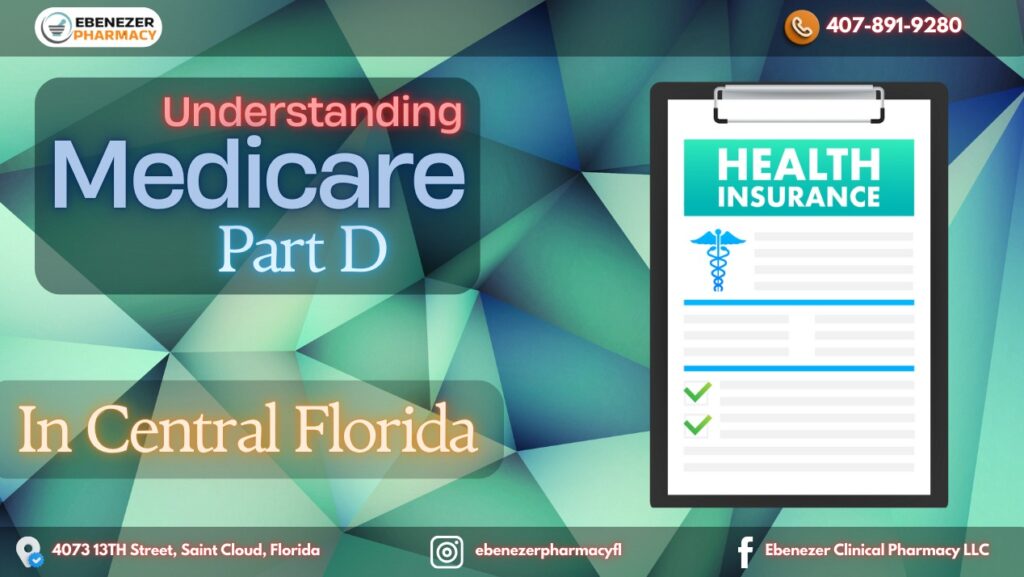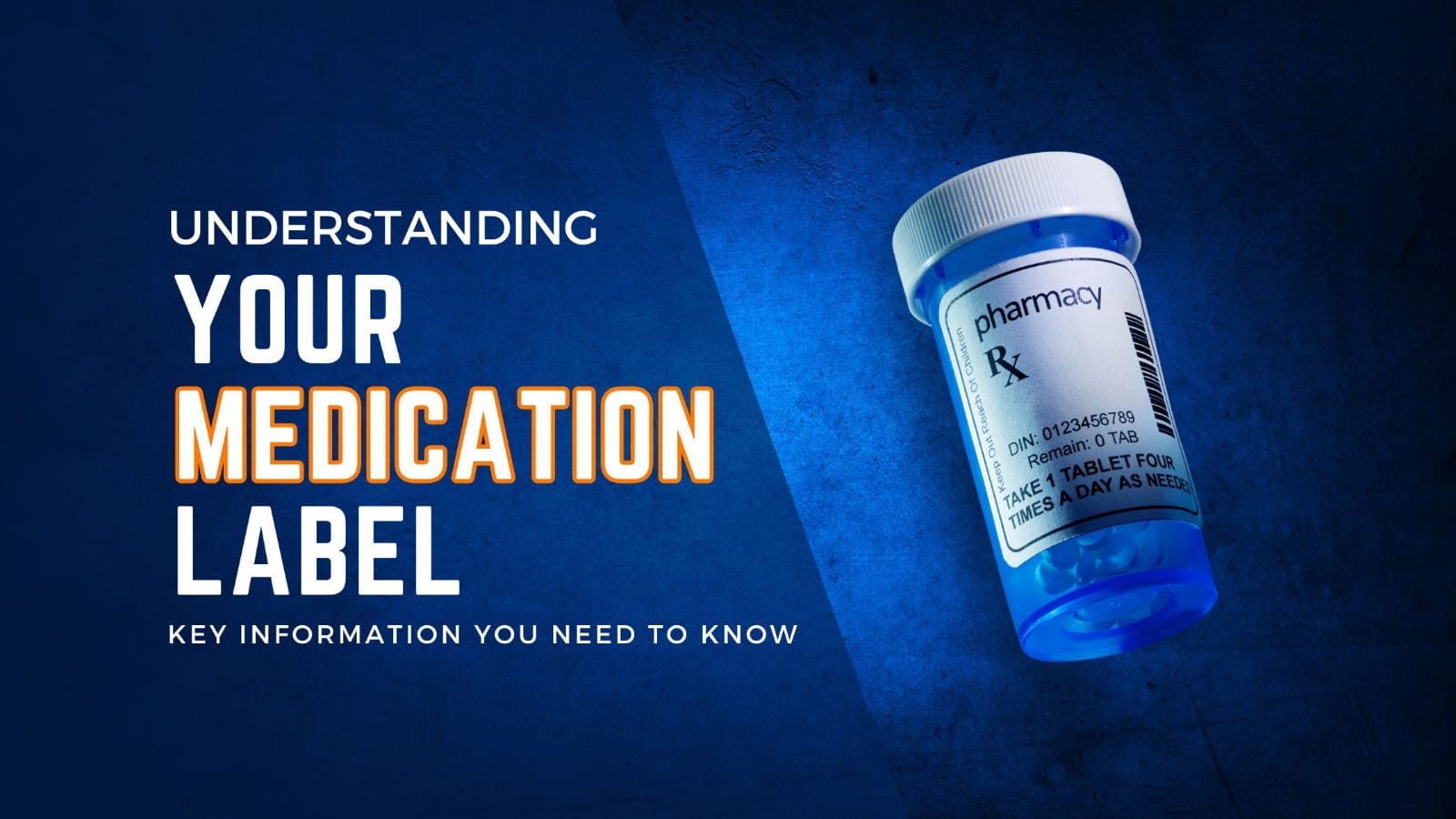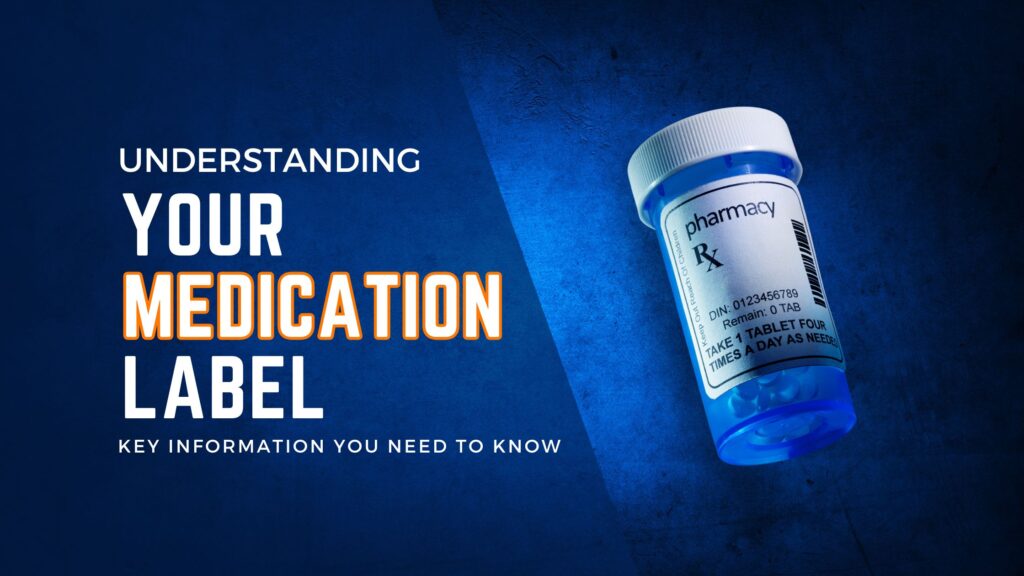The Vital Role of Your Local Pharmacy: More Than Just Medications
In our fast-paced world, we often take convenience for granted. However, when it comes to healthcare, convenience and reliability become indispensable. This is where local pharmacies step in, playing a crucial role in ensuring the well-being of their communities. It is more than just a place to pick up prescriptions; it’s a hub for personalized care, expert guidance, and accessible healthcare resources. This article explores the invaluable contributions of local pharmacies and why they should remain a cornerstone of community health.
A Personal Touch in Healthcare
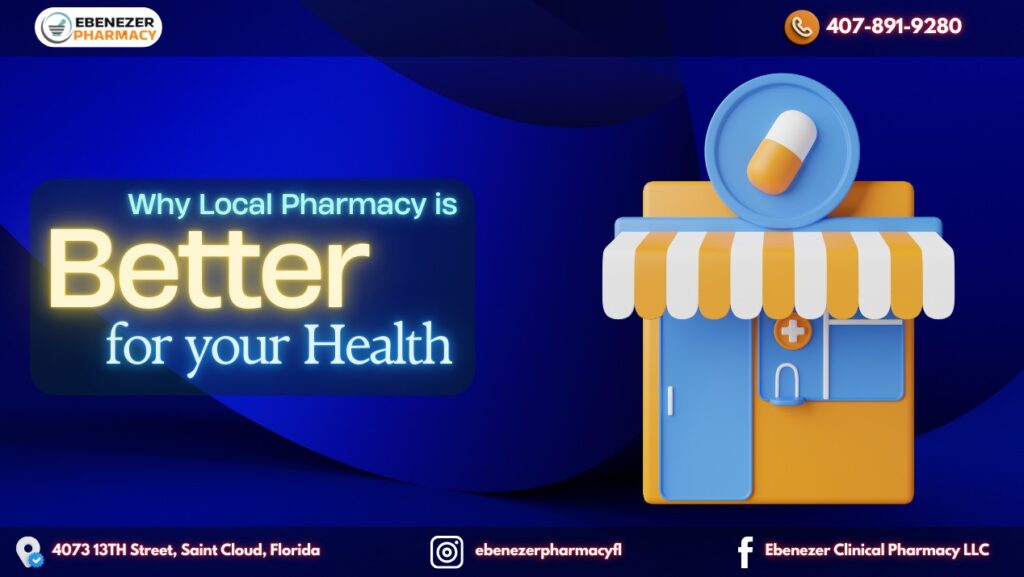
One of the most distinct advantages of local pharmacies is the personalized care they provide. Unlike large chain pharmacies, local pharmacists often build lasting relationships with their customers. They know your name, your medical history, and your preferences. This level of familiarity allows them to offer tailored advice and identify potential issues such as drug interactions or allergic reactions.
For example, if you’ve recently started a new medication, your local pharmacist can guide you on what to expect, potential side effects, and how to manage them. Their approachable demeanor encourages open communication, ensuring that you feel comfortable discussing your health concerns.
Accessibility and Convenience
They are often situated in residential areas, making them easily accessible to the community. Unlike hospitals or larger healthcare facilities, you don’t need an appointment to consult a pharmacist. This walk-in accessibility can be a lifesaver for minor ailments, over-the-counter medications, or emergency prescription refills.
Moreover, many local pharmacies extend their services beyond dispensing medications. From flu shots to basic health screenings like blood pressure checks and glucose monitoring, they offer a range of preventive care services. This convenience can save you a trip to the doctor and help you stay on top of your health.
Expertise You Can Trust
Pharmacists are highly trained healthcare professionals with extensive knowledge of medications and their effects. When you visit a nearby pharmacy, you gain access to this expertise. Whether you have questions about dosage, potential side effects, or drug interactions, your pharmacist is equipped to provide accurate and reliable information.
Additionally, local pharmacists often go the extra mile to ensure their customers fully understand their treatment plans. They can help demystify medical jargon, explain the importance of adherence to prescribed medications, and even offer lifestyle recommendations to support your overall health.
Supporting Local Economies
Choosing a local pharmacy over a national chain has a broader impact on your community. Local businesses are more likely to reinvest their earnings back into the community, supporting local jobs and fostering economic growth. By supporting a local pharmacy, you’re not just investing in your health but also contributing to the vibrancy of your neighborhood.
Furthermore, local pharmacies often collaborate with other local businesses, creating a network of community-focused services. For example, they might partner with local clinics or wellness centers to provide holistic care solutions.
Tailored Medication Services
Local pharmacies often offer specialized services that cater to individual needs. From compounding medications to providing multi-dose packaging for patients with complex regimens, they excel in customization. These services can be especially beneficial for elderly patients or those managing chronic conditions.
In addition, many local pharmacies provide medication synchronization programs, ensuring that all your prescriptions are refilled on the same day. This not only saves time but also reduces the risk of missed doses.
Over-the-Counter Medicines and Advice
Beyond prescription medications, local pharmacies stock a wide range of over-the-counter (OTC) medicines, vitamins, and health products. More importantly, they provide expert advice on the appropriate use of these products. For instance, if you’re unsure about which cold remedy to choose, your pharmacist can recommend the best option based on your symptoms and medical history.
This guidance is invaluable, as it ensures that you’re using OTC medications safely and effectively. It also minimizes the risk of potential interactions with other drugs you may be taking.
Health Education and Community Engagement
Local pharmacies often take an active role in promoting health education within their communities. They organize workshops, health fairs, and awareness campaigns on topics ranging from diabetes management to smoking cessation. These initiatives empower individuals to make informed decisions about their health.
Additionally, local pharmacists are well-versed in the unique health challenges faced by their communities. This localized knowledge enables them to address specific concerns and provide targeted solutions. For example, in areas with high rates of seasonal allergies, a local pharmacy might stock specialized treatments and offer tips for managing symptoms.
A Lifeline During Emergencies
In times of crisis, local pharmacies often serve as a lifeline for their communities. Whether it’s a natural disaster, a pandemic, or a personal emergency, they ensure that essential medications remain accessible. Many local pharmacies go above and beyond, offering home delivery services or staying open during extended hours to meet the needs of their customers.
For instance, during the COVID-19 pandemic, local pharmacies played a critical role in administering vaccines, distributing protective equipment, and providing accurate information to dispel myths and misinformation.
Building Trust and Reliability
Trust is a cornerstone of any healthcare relationship, and local pharmacies excel in building and maintaining this trust. Their consistent presence and commitment to their customers foster a sense of reliability and assurance. When you visit a local pharmacy, you’re not just another customer; you’re a valued member of the community.
This trust extends to the quality of care they provide. Local pharmacies prioritize the well-being of their customers over profit, ensuring that you receive the best possible care without unnecessary upselling.
Embracing Innovation
While rooted in tradition, many local pharmacies are embracing innovation to enhance their services. From online prescription refills to telepharmacy consultations, they’re leveraging technology to meet the evolving needs of their customers. These advancements make it easier than ever to access the care and support you need from the comfort of your home.
Conclusion
Local pharmacies are an integral part of the healthcare ecosystem, offering a unique blend of accessibility, expertise, and personalized care. They are more than just places to pick up medications; they are trusted partners in your health journey. By choosing a local pharmacy, you’re not only prioritizing your well-being but also supporting your community.
So, the next time you need a prescription filled or have a health-related question, consider visiting your local pharmacy. You might just discover that it’s the most valuable healthcare resource you’ve been overlooking.
